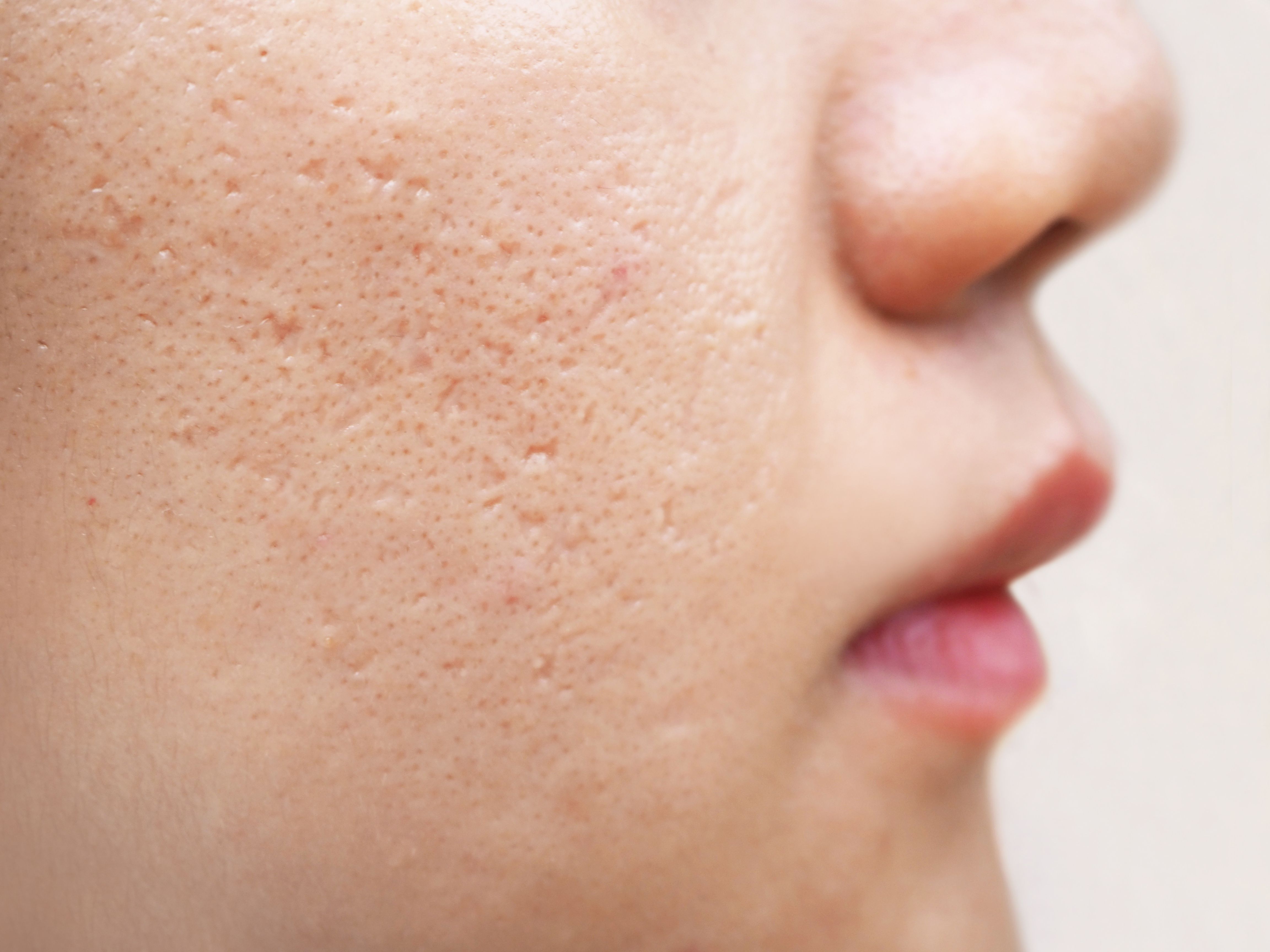- Acne
- Actinic Keratosis
- Aesthetics
- Alopecia
- Atopic Dermatitis
- Buy-and-Bill
- COVID-19
- Case-Based Roundtable
- Chronic Hand Eczema
- Chronic Spontaneous Urticaria
- Drug Watch
- Eczema
- General Dermatology
- Hidradenitis Suppurativa
- Melasma
- NP and PA
- Pediatric Dermatology
- Pigmentary Disorders
- Practice Management
- Precision Medicine and Biologics
- Prurigo Nodularis
- Psoriasis
- Psoriatic Arthritis
- Rare Disease
- Rosacea
- Skin Cancer
- Vitiligo
- Wound Care
Article
Acne management: Controversies and challenges
Author(s):
Evidence from recently published papers provides insight to address some common questions pertaining to the safe use of certain acne medications. Learn more
Evidence from recently published papers provides insight to address some common questions pertaining to the safe use of certain acne medications, said Diane Thiboutot, M.D., delivering the Alan Shalita Memorial Lecture during the MauiDerm 2016 meeting.
READ: Treat acne to achieve remission
During her talk on challenges and controversies in managing acne, Dr. Thiboutot reviewed new information about use of isotretinoin in patients with a history of pseudotumor cerebri and laboratory monitoring in patients being treated with isotretinoin or spironolactone.
“More data on these topics are needed. These literature reports, however, are meaningful for helping to guide dermatologists in decision making with issues they routinely face in clinical practice,” said Dr. Thiboutot, professor of dermatology, The Pennsylvania State University College of Medicine, Hershey, Penn.
RECOMMENDED: Should you wait after isotretinoin to treat acne with laser?
As isotretinoin itself has been associated with cases of pseudotumor cerebri, its use is generally thought to be contraindicated in anyone with a history of that neurological disorder. In a paper published online in JAMA Dermatology in November, 2015, Dr. Thiboutot and colleagues reported on a 17 year old female who presented to their site with severe cystic acne and a previous diagnosis of pseudotumor cerebri while being treated for her acne with minocycline. The patient had seen several other dermatologists who refused to prescribe isotretinoin based on her history.
A literature search identified only a single case report of a patient with a history of pseudotumor cerebri while on a tetracycline who had been treated safely with isotretinoin. Turning to colleagues in the Acne and Rosacea Society, Dr. Thiboutot learned from Guy Webster, M.D., and Julie Harper, M.D., about a few patients who were safely and successfully treated with isotretinoin.
MORE on Isotretinoin
How to recognize sinus tracts, keratinous cysts
Isotretinoin's discovery and development series
NEXT: Partnering with neurologists and lab monitoring
Partnering with neurologists
Ensuring that the patient would be closely followed by her neurologist, isotretinoin was prescribed with upward dose titration and a three-month tapering course of prednisone. The patient reached a target dose of 150 mg/kg and has done well.
“As a bottom line, we feel it is important to work alongside the patient’s neurologist who will be monitoring the patient for signs of this neurological disorder,” Dr. Thiboutot said.
Lab monitoring guidelines
Dr. Thiboutot also discussed studies conducted to assess how frequent laboratory monitoring should be performed in patients being treated with isotretinoin or spironolactone.
READ: Isotretinoin risks in acne treatment
Authors of a paper published in JAMA Dermatology in January, 2016, conducted a systematic review and meta-analysis of laboratory test alterations in patients treated with isotretinoin. They identified 26 studies that included more than 1500 patients, and found statistically significant changes in white blood cell counts, lipid panels, and liver function tests. However, the changes were relatively modest and in most cases did not meet a priori criteria for a “high-risk adverse event”.
“The authors concluded that their research does not support monthly laboratory monitoring during treatment with standard doses of isotretinoin. However, they concurred with the suggestion of two previous studies to order baseline laboratory tests and rechecking values within the first one to two months of treatment, which is when most abnormalities occur if they are going to develop,” Dr. Thiboutot said.
The value of monitoring for hyperkalemia in women being treated for acne with spironolactone was addressed in a study published in JAMA Dermatology in September, 2015.
ALSO READ: Acne a growing problem in pre-teens
Focusing on a population of young, otherwise healthy women, the research found the rate of hyperkalemia among patients receiving spironolactone for acne was equivalent to the baseline rate calculated in a comparator group of healthy young women taking and not taking spironolactone, 0.72% vs. 0.76%. Only 13 of 1802 serum potassium measurements obtained in the acne patient cohort were abnormal, and the potassium value was normal on repeat testing in six of those patients, Dr. Thiboutot said.
“Based on this information, it seems there is no need for routinely monitoring serum potassium levels when prescribing spironolactone for treatment of acne in healthy women who have no risk factors for hyperkalemia,” she stated.
Newsletter
Like what you’re reading? Subscribe to Dermatology Times for weekly updates on therapies, innovations, and real-world practice tips.











